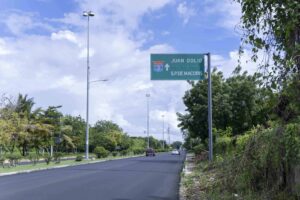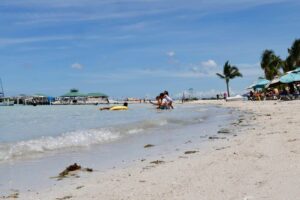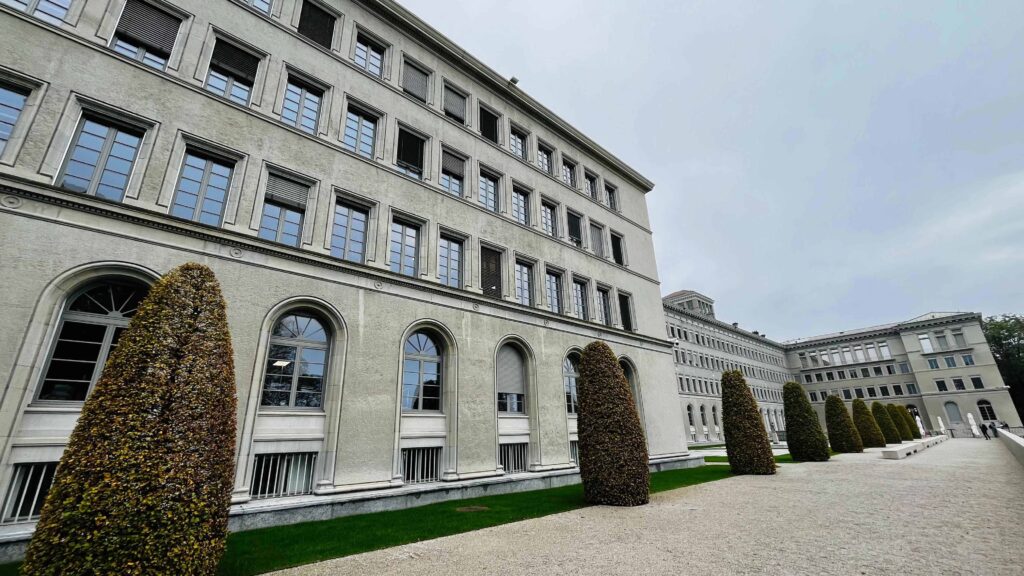
The Dominican Republic faces a litigation no resolution in World Trade Organization (WTO), since the Appellate Body, responsible for deciding these cases, has remained inactive for four years due to lack of consensus. The possibility of its reactivation seems even more remote given the upcoming return of donald trump to the presidency of the USA.
The dispute involves Costa Ricawhich questions the measures antidumping applied by the Dominican Republic to imports of bars or rods of steel corrugated or deformed for concrete reinforcement and concrete originating in that country.
In 2023, a special group of the WTO supported Costa Ricaarguing that the Dominican measures violated the organization’s regulations. In response, Dominican Republic He appealed in September of that year, seeking a review of those conclusions.
He Appellate Bodyestablished in 1995, is crucial to resolving trade disputes between the 166 member states of the WTO. It is made up of seven members; It acts as a last Resort and its decisions are mandatory. It can confirm, modify or reverse legal findings and conclusions made by a panel.
However, the organ has been inoperative since 2019 due to the lack of appointments, which has paralyzed 24 appeals, including the Dominican one.
In July 2023, the task force supported Costa Rica in his dispute with the Quisqueyan nation. After investigating the measures in dispute, it determined that they are incompatible with the WTO rules.
He concluded that the calculations of the Dominican commercial authorities that had determined the existence of dumping (selling below costs) do not comply with the agreements antidumping.
In its defense, the country argued issues of right and legal interpretations formulated in the report of the special group.
He indicated that since the appeal body could not function temporarily, and in the interest of the equity and the order of proceedings in the appeal procedure, the Dominican Republic would await instructions regarding any further action to be taken in this appeal.
United States, the center of the crisis
The WTO works for consensusthat is, all member countries must agree for a proposal to be validated. This modality has prevented current vacancies from being filled as that position was not reached. consensusdespite the fact that the members of the WTO They proposed two years ago that by 2024, the dispute settlement system would be fully operational.
Last week it was confirmed Free Diary from the headquarters of the WTOin Geneva, which still does not exist consensus.
The lack of said consensus lies mainly in the refusal of the USA to support the appointment of new members of the Appellate Body, arguing that said body has been biased against them and that some of its decisions have favored other countries with which they have had trade conflicts.
- The EFE agency has established that the misgivings of USA towards the body began during the Government of George W. Bush (2001-2009), continued under that of Barack Obama (2009-2017) and became more acute during the administration of donald trump (2017-2021), which was characterized by its rejection of any multilateral mechanism. In fact, Trump’s return to presidency Starting in 2025, it paints a nebula for the organ.
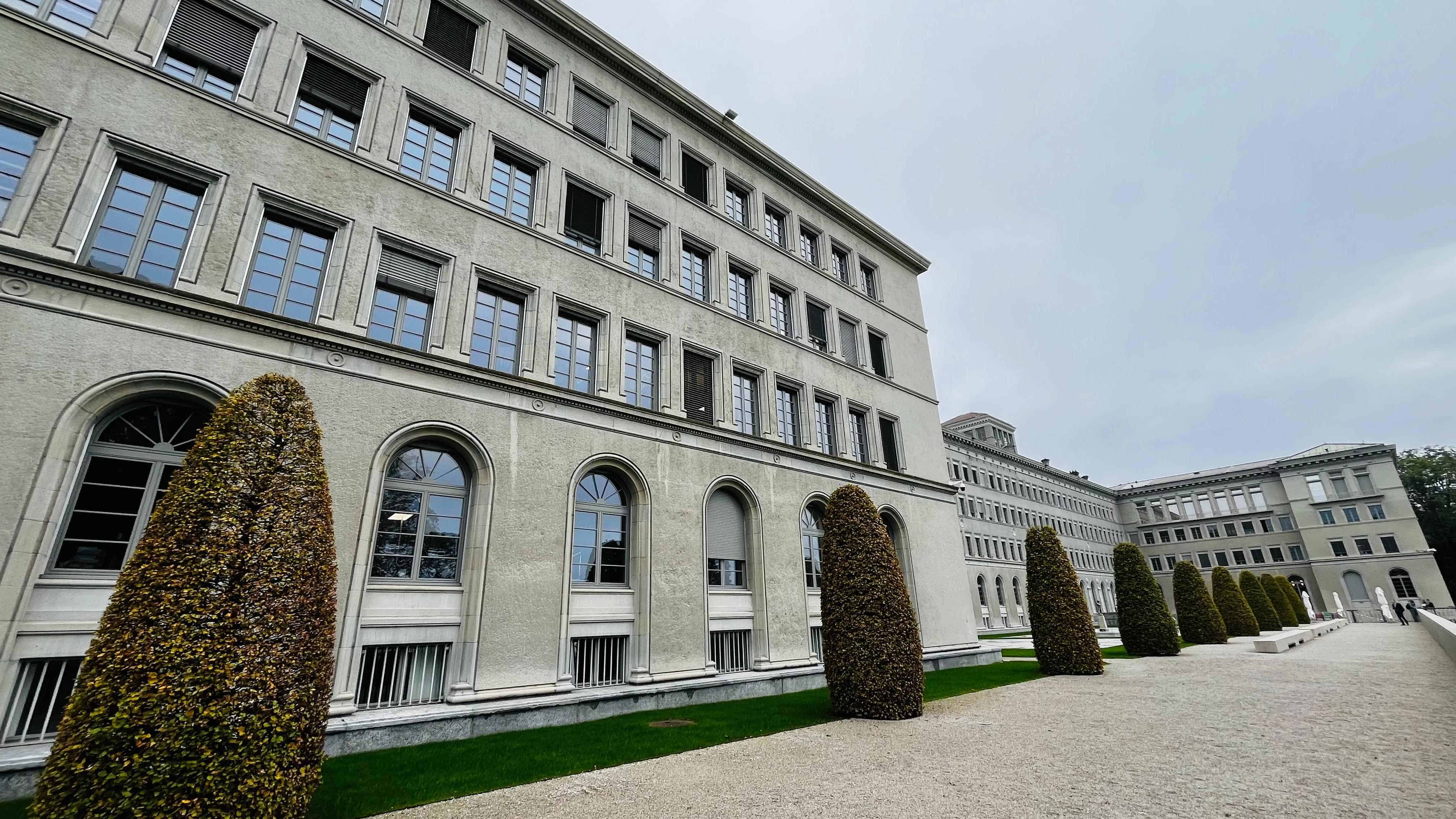
Jomary Morales, executive director of the Regulatory Commission of Unfair Trade Practices and Safeguard Measures, which represents the country in this litigationexpressed to Free Diary who hope that the dispute settlement system of the WTO be fully restored.
Although Free Diary insisted for weeks before the Chancellery to know the opinion of the official representation Dominican in the WTOhad not been available at the time of going to press.
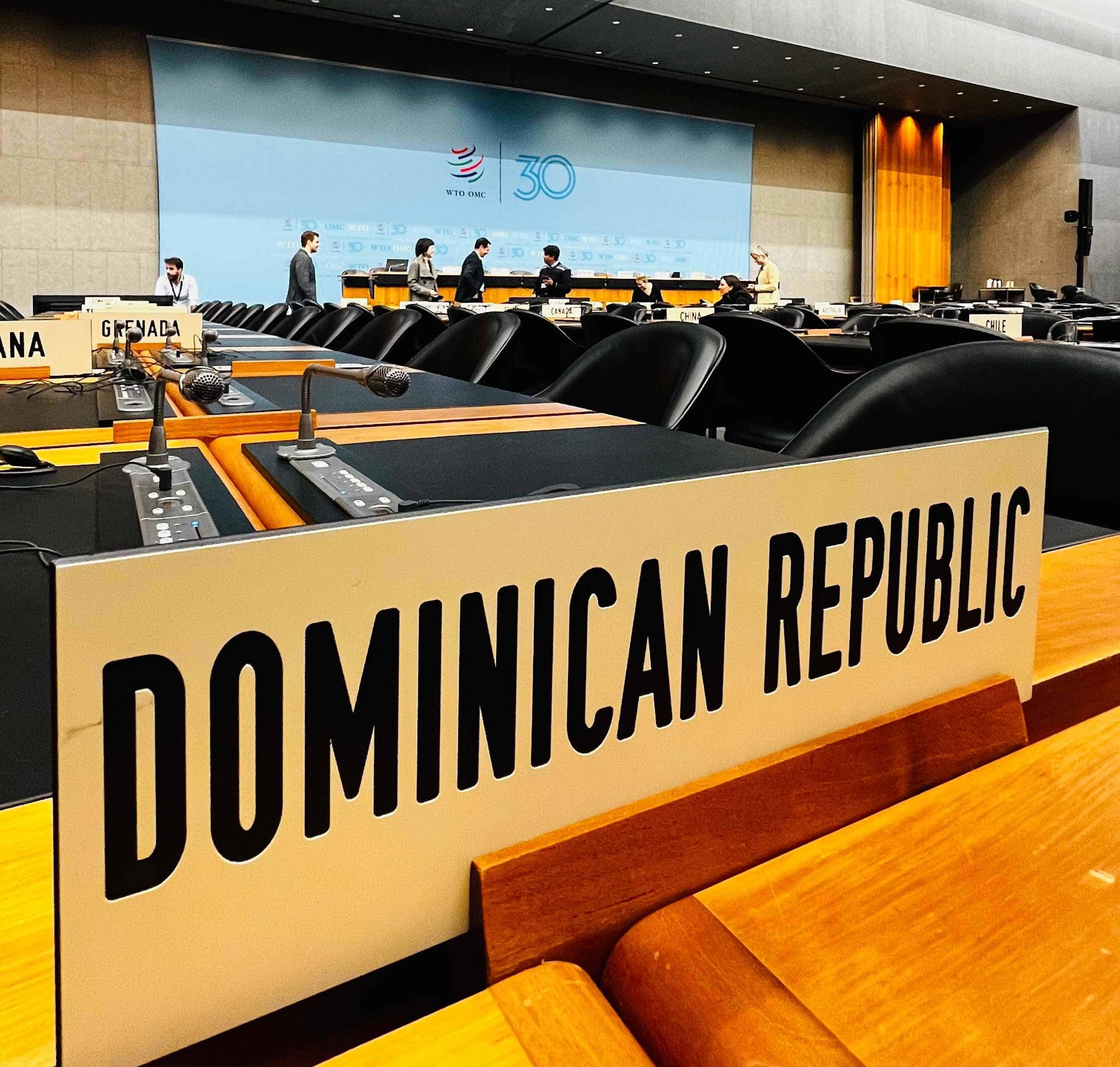
Costa Rica has not issued specific recent statements regarding the ineffectiveness of the WTO Appellate Body in the context of the dispute with the Dominican Republic. However, the country has highlighted its confidence in the resolutions issued by the panels of the WTO dispute settlement system. Meanwhile, some nations have explored alternative mechanisms within the WTO to ensure the resolution of trade disputes such as arbitration, bilateral agreements and consultations or use of special panels as a last Resort.
The term of the last active member of the Appellate Body expired in November 2020, and the selection process for new members has been suspended since 2017.
In 2019, when “intensive consultations” were announced to resolve the impasse in the Appellate Body, the then director general of the WTO, Roberto Azevêdo, said that it was “clear that the paralysis of the Appellate Body does not mean that in the WTO there is no longer a rules-based dispute settlement system.
“Members will continue to resolve disputes within the WTO through consultations, panels and other means provided for in the WTO agreements, such as arbitration or the good offices of the Director-General…, but we cannot abandon what that should be our priority, that is, finding a permanent solution for the appellate body,” he said.
The last active member left the post with concern. When Hong Zhao gave his farewell speech in 2020, there were 14 pending cases to be heard. He said at the time: “It was painful to witness the wear and tear of the members of the body until the Appellate Body could not work (…) The number of cases never stopped increasing, even during 2020.”
After his departure, 20 more appeals arrived, at least according to the notifications disclosed by the WTO on its website, and one of them is from the Dominican Republic.
At the time, Zhao anticipated that if the situation continued, “it will mean that the WTO dispute settlement system has returned to the GATT (General Agreement on Tariffs and Trade) era, when panel reports could be easily blocked by any defendant.

